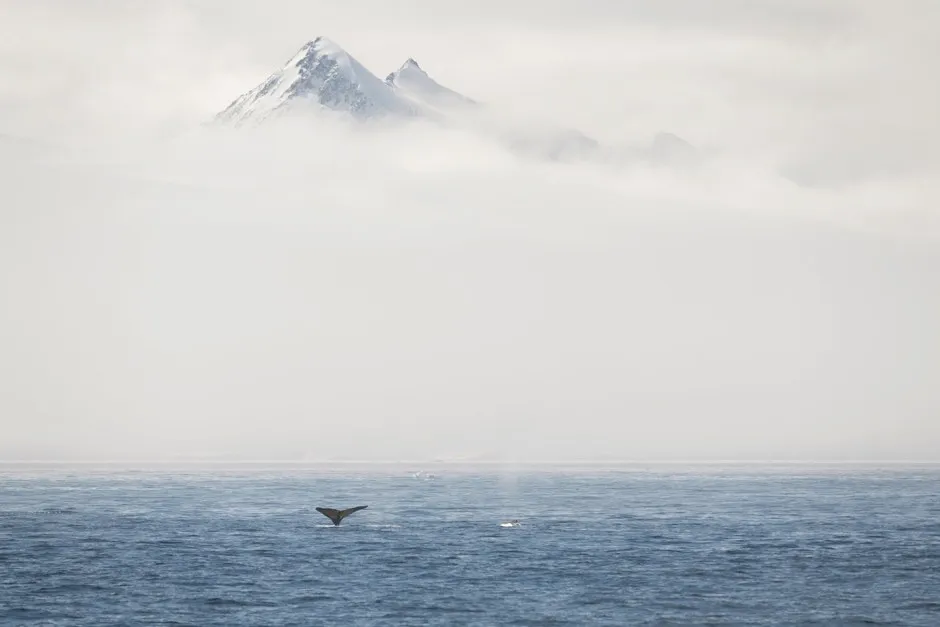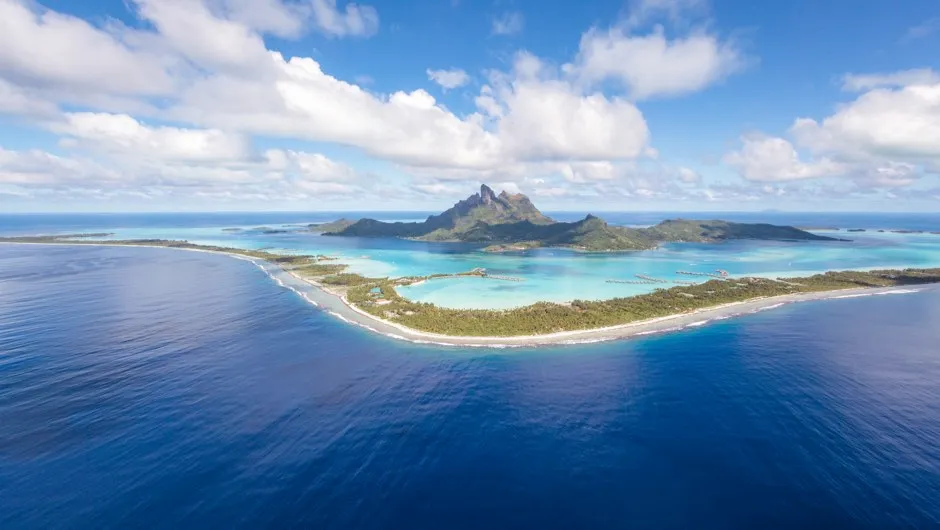Sharp emissions cuts are needed to curb “unprecedented” changes in the world’s oceans and frozen areas due to global warming, experts warn.
The world has already experienced 1°C of warming which has made the oceans warmer and more acidic and affected fish stocks, while melting glaciers and ices sheets are causing sea levels to rise, a new UN science report said.
Hundreds of millions of people worldwide live in low-lying coastal areas, from villages to megacities, which face higher seas, more intense tropical cyclones and storms, extreme storm surges and flooding.
Many more live in high mountain areas affected by hazards caused by melting glaciers and ice, or downstream where water supplies and food security will be hit by changes to the frozen lands above.
Urgent action to cut the greenhouse gas emissions that are driving rising temperatures will limit the damage to the oceans and frozen areas and the people and wildlife that rely on them, experts behind the report said.
Read more about climate change:
- Christiana Figueres on climate change: “Net zero carbon is our only option”
- The unsung heroes of climate change
There is also a need to focus on helping people and natural systems adapt to the already inevitable changes, such as rising seas, the latest report from the Intergovernmental Panel on Climate Change (IPCC) found.
For the latest IPCC report, more than 100 authors from 36 countries drew on around 7,000 scientific publications that looked at two major elements of the climate – the oceans and the cryosphere, or frozen areas.
It contains a warning that sea level rises are accelerating and will continue for centuries.
While sea level has risen globally by around 15cm during the 20th Century, it is currently rising more than twice as fast, at 3.6 mm per year, and speeding up as Greenland and Antarctic ice sheets melt.

Sea levels could rise by around 30cm to 60cm by 2100 even if greenhouse gases are rapidly cut and global warming is kept to well below 2°C above pre-industrial levels, but around 60-110 cm if emissions continue to increase, the study said.
Rising seas combine with tides or storms to create extreme surges and flooding – and the report warns further warming will mean events that occurred once a century could happen every year by mid-century.
Annual coastal flood damages are projected to increase 100 to 1,000 times by 2100, and some island nations are “likely to become uninhabitable” due to climate change, the report said.
The open sea, the Arctic, the Antarctic and the high mountains may seem far away to many people
Hoesung Lee, IPCC
The oceans have helped limit the impact of greenhouse gases so far, absorbing much of the extra heat and carbon dioxide, but that has affected the survival of fish stocks and wildlife such as corals, a situation set to worsen.
And the melting permafrost contains large stores of greenhouse gases which could be released into the atmosphere as the frozen ground thaws, adding to global warming.
The latest report comes after a major study from the UN science body last year said unprecedented and rapid action was needed to keep global warming to 1.5°C above pre-industrial levels and avoid the worst impacts of climate change.

Hoesung Lee, chairman of the IPCC said: “The open sea, the Arctic, the Antarctic and the high mountains may seem far away to many people.
“But we depend on them and are influenced by them directly and indirectly in many ways – for weather and climate, for food and water, for energy, trade, transport, recreation and tourism, for health and wellbeing, for culture and identity.”
“If we reduce emissions sharply, consequences for people and their livelihoods will still be challenging, but potentially more manageable for those who are most vulnerable.”
Reader Q&A: Do we really know what climate change will do to our planet?
Asked by: Jennifer Cowsill, via email
There is no doubt that greenhouse gas emissions caused by humans are changing our climate, resulting in a progressive rise in global average temperatures. The scientific consensus on this is comparable to the scientific consensus that smoking causes lung cancer.
Our climate is a hugely intricate system of interlinking processes, so forecasting exactly how this temperature increase will play out across the globe is a complex task. Scientists base their predictions on powerful computer models that combine our understanding of climatic processes with past climate data.
Many large-scale trends can now be calculated with a high degree of certainty: for instance, warmer temperatures will cause seawater to expand and glaciers to melt, resulting in higher sea levels and flooding. More localised predictions are often subject to greater uncertainty.
Read more climate change:
Dr Debra Roberts, chairwoman of one of the working groups that drew up the report, said it was the first time the IPCC had focused on the oceans and frozen areas of the world – and she saw the UN body’s studies starting to mobilise society to act.
“Firstly the report underscores that bold, ambitious mitigation, there’s no replacement for that, but the report also underscores the need for adaptation,” she said.
Report author and climate scientist Professor Nerilie Abram, of Australian National University, said: “These parts of our planet are already changing, when you look into the future and project how they will change in the future, we see two very different futures ahead of us.
“On the one hand if we are able to take action to dramatically reduce greenhouse gas emissions we can limit how much these parts of the climate system will change in the future.
“On the other hand if we continue to emit greenhouse gases in high quantities then we will see very rapid changes in our climate system, that will make it very difficult for people and ecosystems to adapt,” she said.
Follow Science Focus onTwitter,Facebook, Instagramand Flipboard
